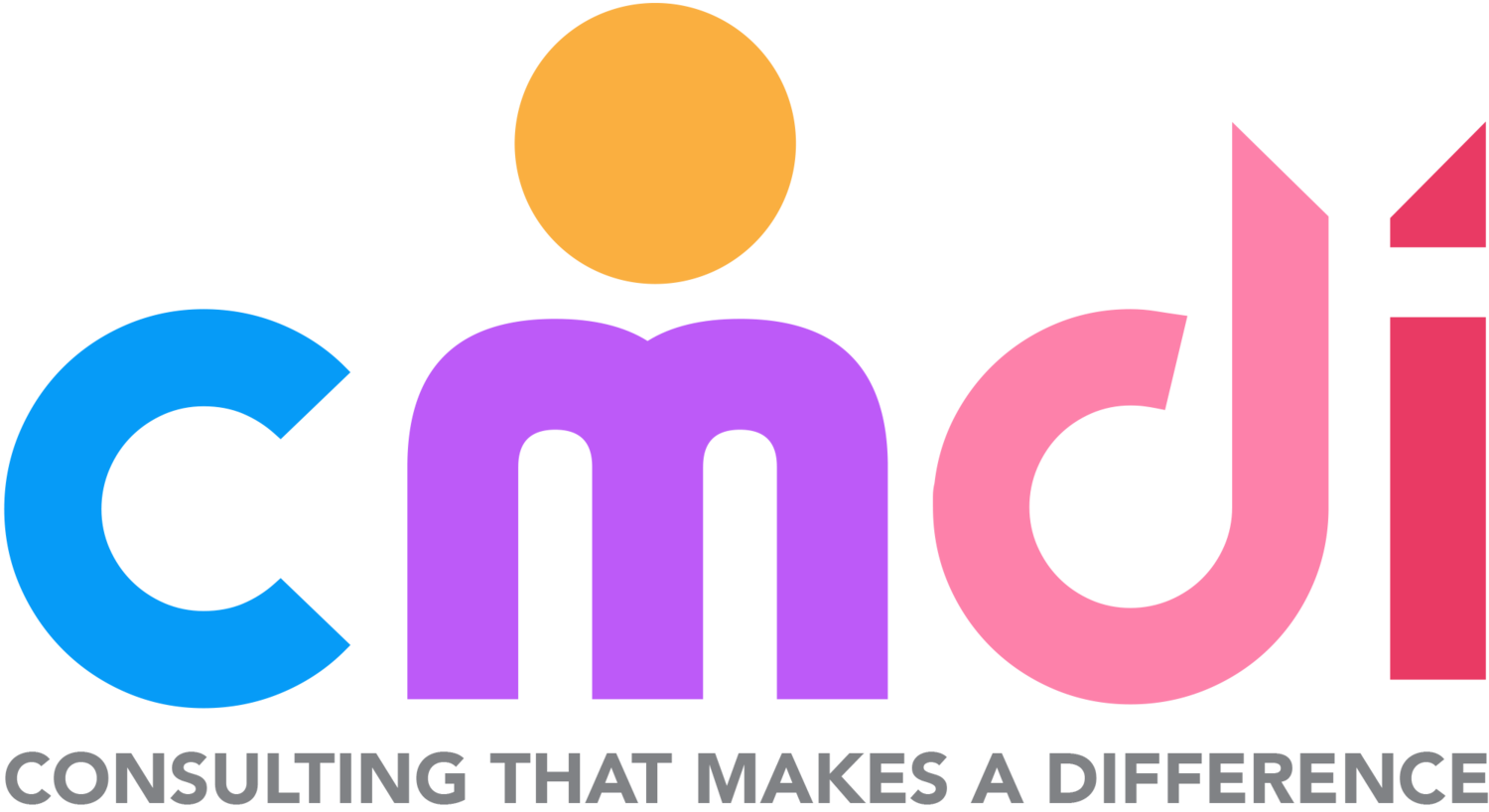Moving Forward in Education
Now, more than ever, is the time for teachers, families, administrators, and community members to come together for the good of all students.
We are teaching through an unprecedented time in education, and the only way to come out on top, is to join forces as a united front. Are you ready to think outside the box, and develop a classroom environment that is student-centered and team oriented? If so, let's come together and make it happen!
Students are in desperate need of instruction that is engaging, motivational, and most of all, FUN! The only way we can bring our students back to learning is by changing the way we think about our educational system and classrooms. We cannot return to the way we have been teaching, and we have to make sure we understand and deliver the curriculum in innovative and exciting ways for our students and families. We CAN win the race if we implement collaboration, communication, trust, and teamwork effectively and concisely. What will the classroom environment look and sound like? That is the BIG question. Teams of educators across the country, and the world, are joining forces to determine this answer to this question.
An article developed by the United Nations Educational, Scientific and Cultural Organization (UNESCO) states 9 sustainable strategies to help move our students and educational systems forward due to COVID-19 challenges.
Commit to strengthening education as a common good. Education is a bulwark against inequalities. In education as in health, we are safe when everybody is safe; we flourish when everybody flourishes.
Expand the definition of the right to education so that it addresses the importance of connectivity and access to knowledge and information. The Commission calls for a global public discussion—that includes, among others, learners of all ages—on ways the right to education needs to be expanded.
Value the teaching profession and teacher collaboration. There has been remarkable innovation in the responses of educators to the COVID-19 crisis, with those systems most engaged with families and communities showing the most resilience. We must encourage conditions that give frontline educators autonomy and flexibility to act collaboratively.
Promote student’s, youth and children's participation and rights. Intergenerational justice and democratic principles should compel us to prioritize the participation of students and young people broadly in the co-construction of desirable change.
Protect the social spaces provided by schools as we transform education. The school as a physical space is indispensable. A traditional classroom organization must give way to a variety of ways of ‘doing school’ but the school as a separate space-time of collective living, specific and different from other spaces of learning must be preserved.
Make free and open source technologies available to teachers and students. Open educational resources and open access digital tools must be supported. Education cannot thrive with ready-made content built outside of the pedagogical space and outside of human relationships between teachers and students. Nor can education be dependent on digital platforms controlled by private companies
Ensure scientific literacy within the curriculum. This is the right time for deep reflection on the curriculum, particularly as we struggle against the denial of scientific knowledge and actively fight misinformation.
Protect domestic and international financing of public education. The pandemic has the power to undermine several decades of advances. National governments, international organizations, and all education and development partners must recognize the need to strengthen public health and social services but simultaneously mobilize around the protection of public education and its financing.
Advance global solidarity to end current levels of inequality. COVID-19 has shown us the extent to which our societies exploit power imbalances and our global system exploits inequalities. The Commission calls for renewed commitments to international cooperation and multilateralism, together with a revitalized global solidarity that has empathy and an appreciation of our common humanity at its core.
It is time to become a change agent and help our students succeed in ways we never imagined. If we work together, develop committees of dedicated educators, break BIG concepts into smaller chunks, think about major inequalities in education, and work with all families and community members in various ways we CAN change the world of education. This is a HUGE task, and it will take time for implementation and growth, but this NEW way of thinking WILL create change for every students’ educational journey.
Resources:

